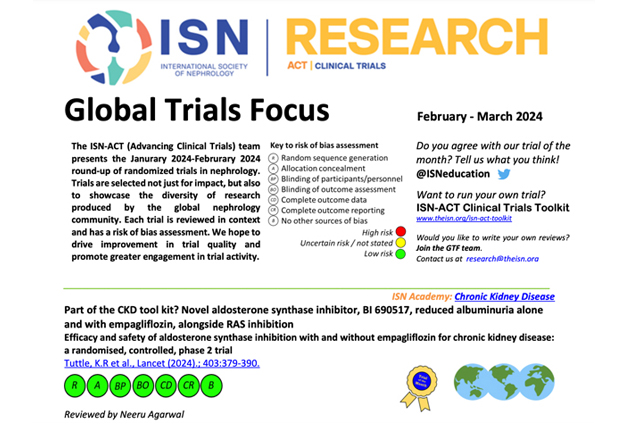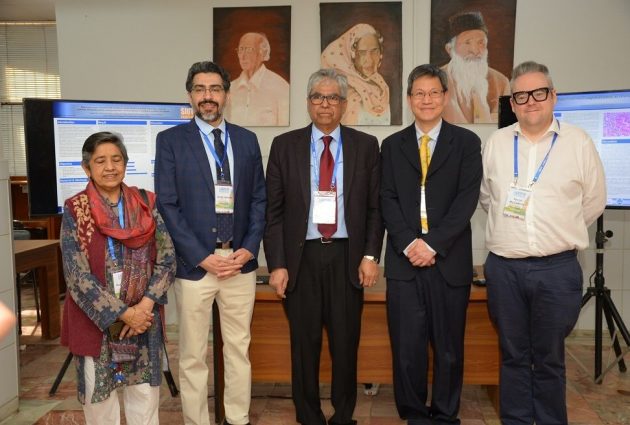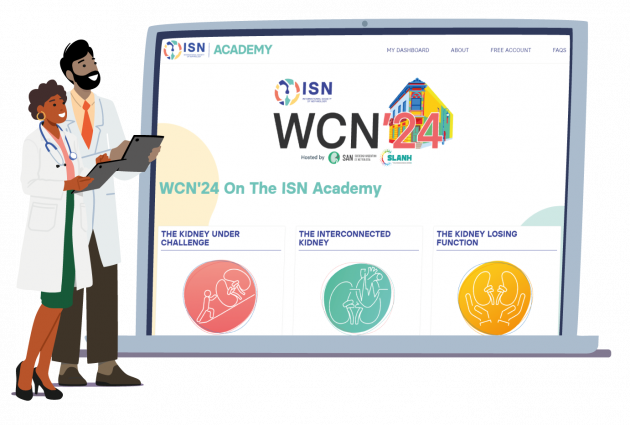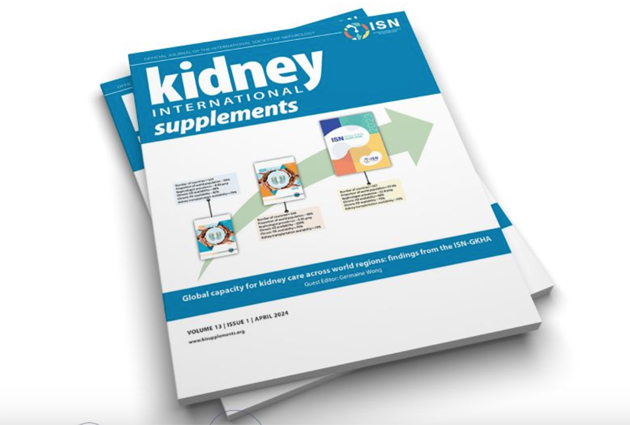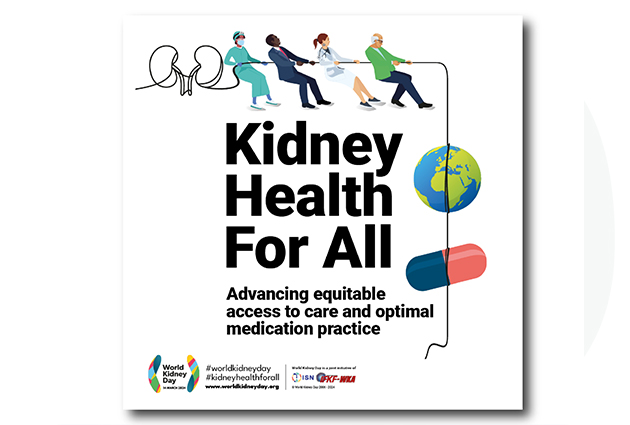WHO Action plan 2013-2020
 The UN High-Level Panel on the Post-2015 Development Agenda recently released its report (CLICK HERE), which identifies reducing the burden of non-communicable diseases (NCDs) as priority.
The UN High-Level Panel on the Post-2015 Development Agenda recently released its report (CLICK HERE), which identifies reducing the burden of non-communicable diseases (NCDs) as priority.
The Lancet Series on Global Kidney Disease highlights the increasing burden of chronic kidney disease worldwide. The 2011 report of the WHO General Assembly on NCDs also identified chronic kidney disease as posing a major health burden (CLICK HERE).
However, WHO priority for NCDs remains heart disease, diabetes, chronic respiratory disease and cancer. Although chronic kidney disease is not given by WHO as the priority it deserves as a cause, consequence, and risk multiplier of all four priority NCDs. The recent WHO “Action plan for the prevention and control of non-communicable diseases 2013-2020”, has contributed to a little step forward in recognizing CKD on a global level.
According to this document, discussed at the last World Health Assembly in May 2013, the kidney is starting to take more visibility among the major NCDs targeted by WHO. Indeed the proposed WHO action plan, in the section “Policy option and cost-effective interventions for prevention and control of major NCDs”, while discussing approach to diabetes, clearly mentions as key strategy the use of angiotensin-converting enzyme (ACE) inhibitors to prevent progression of renal disease.
The international nephrology community has well documented the benefits of therapy with ACE inhibitors for slowing down the progression of established diabetic and non-diabetic chronic kidney disease. Of note, interventions designed specifically to reduce proteinuria and slow progression of chronic kidney disease also effectively reduce cardiovascular risk.
Therefore, although in the WHO action plan chronic kidney disease is still included within diabetes, the formal indication on how to prevent progression of diabetic nephropathy is a major achievement for ISN. It is the recognition of the efforts made in the past years to obtain the status of official relationship with WHO in Geneva that promoted more attention to kidney disease bringing the voice of ISN within the WHO Leaders and Member States.
WHO priority documents and action plans have the potential to direct national agendas to combat NCDs. ISN hopes that the novel WHO advice could help to plan and implement national NCD policies in the developed and developing world with particular attention to diabetic patients with progressive renal disease. This will create major health gain and minimize the present health inequity which arises especially from the huge costs associated with providing renal replacement therapy if end-stage kidney disease is not prevented.


